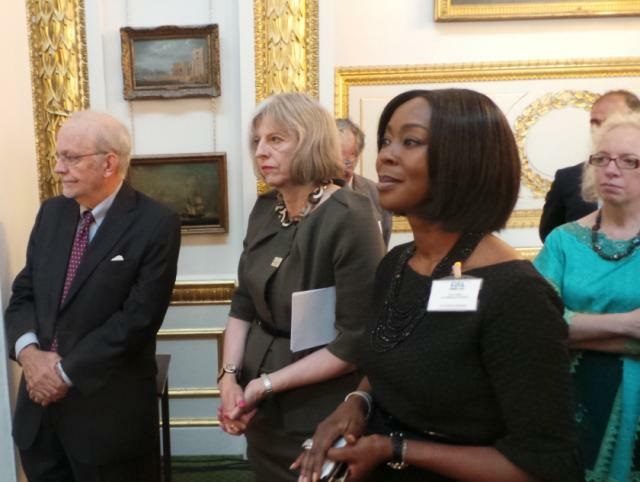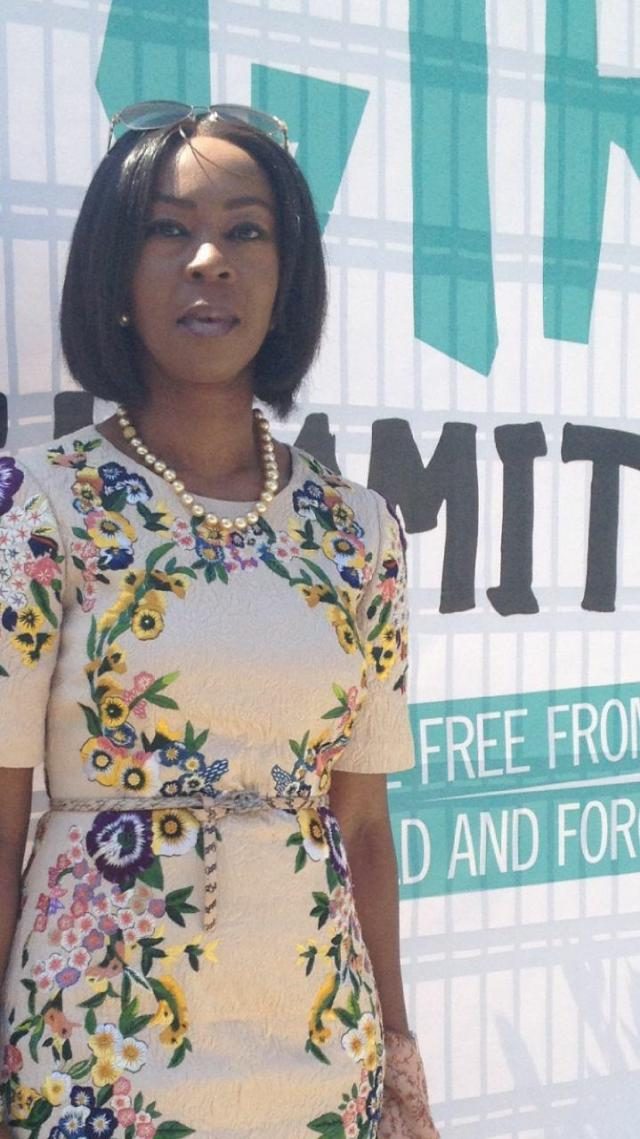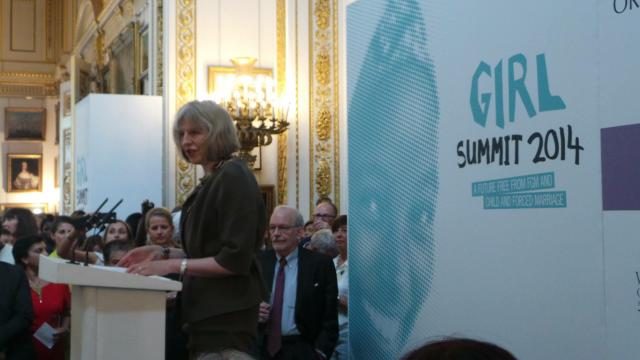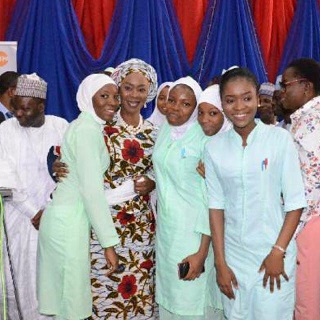
The Wellbeing Foundation Africa (WBFA) has welcomed the national dissemination of the Girls’ Education Challenge to Nigeria after its official launch last week at the British High Commission in Abuja.
Marginalised adolescent girls in Nigeria face several barriers to accessing both formal and non-formal education, and poverty remains the most important factor in determining whether a girl can access education. Only 4 percent of poor young women in the North West are literate, compared with 99 percent of rich young women in the South East. According to UNESCO estimates, 130 million girls worldwide between the age of 6 and 17 are out of school and 15 million girls of primary-school age—half of them in sub-Saharan Africa— will never enter a classroom.
In 2012, the UK Department for International Development launched the £355 million Girls’ Education Challenge, which aims to support up to a million marginalised girls to improve their lives through education. Dr Luther-King Fasehun, WBFA Nigeria Country Director, represented the WBFA at the British High Commission launch of the national dissemination of the challenge on 12th December.

Founder-President of the WBFA, H.E Mrs Toyin Ojora Saraki, commented: “I am delighted to welcome the National Dissemination of the Girls’ Education Challenge in Nigeria. The results of investment in girls’ education are remarkable. Better educated women are healthier, earn higher incomes, have fewer children, marry at a later age, and enable better health care and education for their own children. In turn, education for girls helps lift families, communities, and nations out of poverty.” “In 2014 I recall that the UK hosted the first Girl Summit, aimed at mobilising domestic and international efforts to end female genital mutilation (FGM) and child, early and forced marriage within a generation. That first Girl Summit was predicated on the fundamental belief that girls and women have the right to live free from violence and discrimination. When girls are free to access education and reach their potential they can do remarkable things.”

“That same year, as a recent signatory of the Girl Declaration, I hosted a panel in Lagos entitled ‘Our Future: This is the moment to invest in girls.’ At that event and at subsequent UK summits, it has been clear that girls’ education must be a priority for all Governments, NGOs and private partners.”

“At the Wellbeing Foundation Africa, we believe in empowering girls’ education from birth. Our Mamacare midwives become a pivotal and positive influence on expectant mothers – not just guiding them through a safe birth, but through proper nutrition and safety for their baby and themselves.
“I look forward to supporting the Girls’ Education Challenge to unlock the potential of girls in Nigeria.”
Credit: Wellbeing Foundation Africa (WBFA) – 19th December, 2017
Support InfoStride News' Credible Journalism: Only credible journalism can guarantee a fair, accountable and transparent society, including democracy and government. It involves a lot of efforts and money. We need your support. Click here to Donate